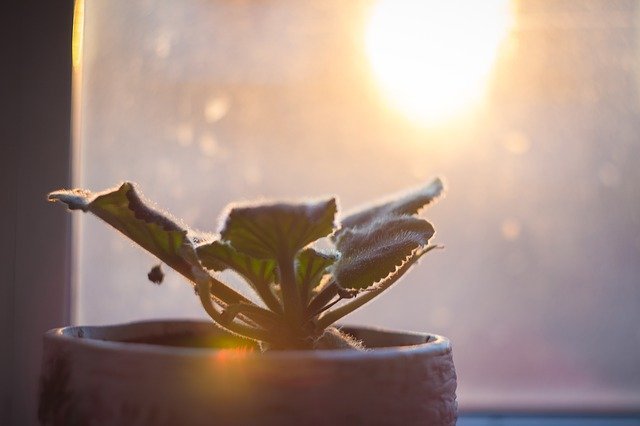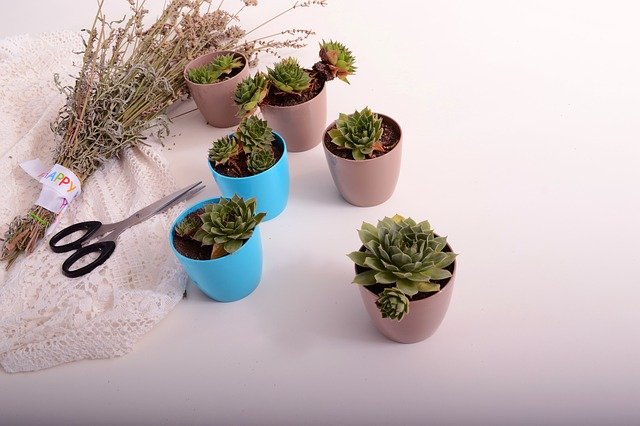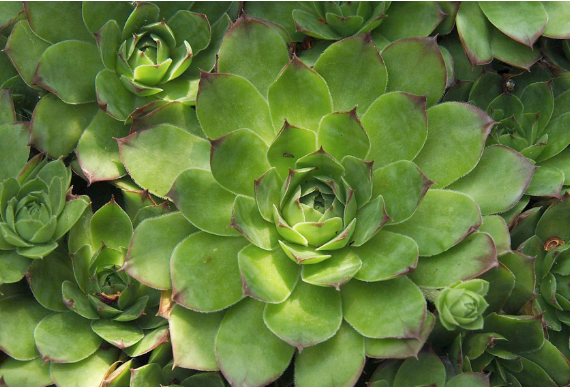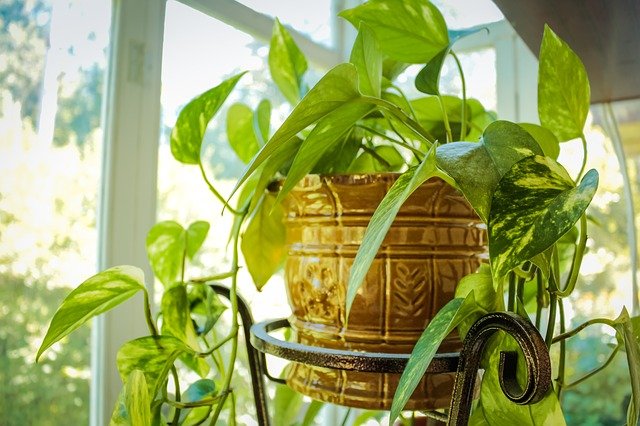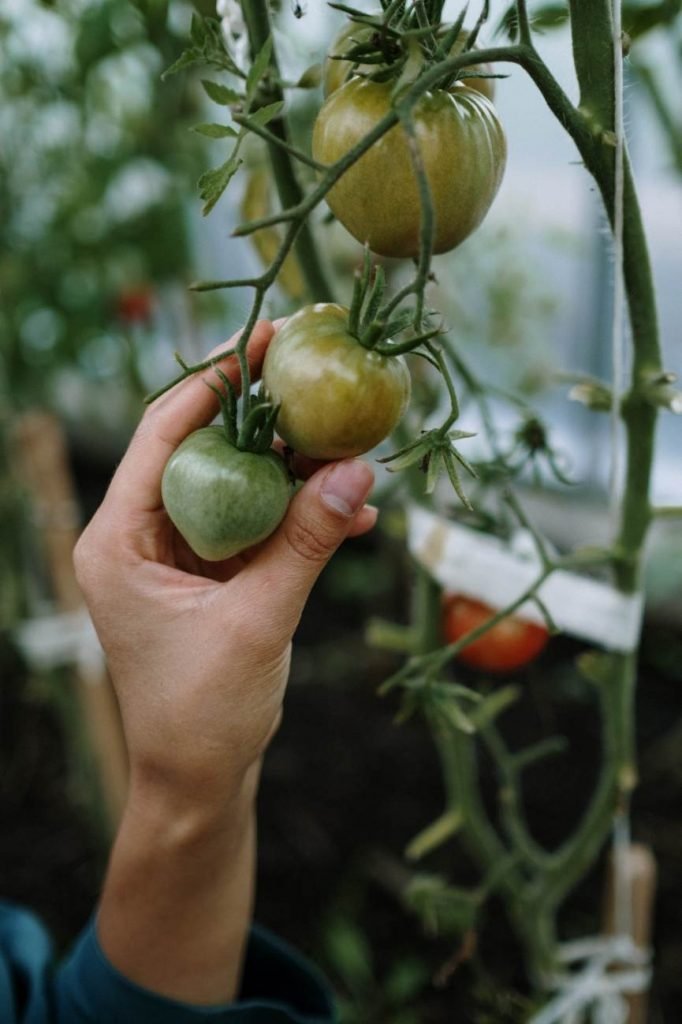When starting my first indoor garden a few years ago, I had a lot of questions regarding this new interest of mine. one of the questions which kept popping into my head was “is indoor gardening important.
Indoor gardening is important not only for the residence of the house or apartment but also the environment. Indoor gardens can deliver significant benefits to everyday life , from better aesthetics and health to increased productivity. Research has shown that indoor plants help remove airborne pollutants called volatile organic compounds, VOCs, that come from adhesives, furniture, clothing, and solvents, which can cause a variety of diseases.It also increase subjective perceptions of concentration and satisfaction, as well as objective measures of productivity. You can also saving some money if you grow indoor vegetable garden as well.
I was also having some insecurity before deciding to pick my first indoor plants. Most of it was because of some of the disadvantages we often heard about caring plants inside our home. One of which was the fact that plants can produce Carbon Dioxide at night. Nobody wants to bring, let alone take care of, dangerous beings into their house intentionally, we all need safety and security afterall. So is it really no catch of having plants indoor for our health?
Table of Contents
Is it good to have indoor plants?
If you are like me (a few years ago) who believe That plants can cause a lack of oxygen at night and it is better to ban plants from your house completely, we couldn’t be more wrong.
Is it a good idea to have plants indoors? Hell yes!
During the day, plants use the process of photosynthesis to produce energy. Light and carbon dioxide (CO2) are converted into sugars. These are a kind of fuel for plants that allows it to grow and bloom. During the day, the plant emits oxygen, while it absorbs carbon dioxide (CO2).
At night there is no light to drive the photosynthesis process. So it just absorbs oxygen.
But the amount of oxygen that plants absorb at night is very small. the plant uses about 50 milliliters of the 5000 liters of oxygen that is normally present in your room. In comparison, a sleeping adult uses about 190 liters of it. The amount of carbon dioxide (CO2) emitted by your plants is also negligible.
Why is indoor gardening important?
Because home gardening brings so many benefits not only physically but also mentally.
-
Get rid of that stress
Various studies have shown that plants and flowers can reduce stress. This is partly due to the fact that they purify the air. The clean air prevents headaches and allows you to breathe more easily. Some fragrant plants would also do well, such as jasmine, basil, mint and lavender. They have a relaxing effect.
-
Concentration boost guaranteed
Do you have trouble concentrating while working from home or studying? You’re not alone! A study by the university in Norway shows that people are able to concentrate better when there are plants in the room. Some plants could even increase your productivity by 45 percent. This, too, would be due to the improvement in air quality.
-
Prevents dry skin and colds
Plants can be a solution for dry skin. They release approximately 97 percent moisture as part of photosynthesis and respiration. This naturally increases the humidity in a dry room. A study by the university in Norway showed that offices and schools with many plants had fewer complaints related to dry skin, sore throat and colds
What are some good plants to have indoors?
There are so many options of plants we can choose for our indoor garden. Each of them comes with their own benefit and uses. But for the purpose of improving the air quality and your health, here are some good plants to have indoors:
- Peace Lily : beautiful with white flowers and a real go-getter. This plant is doing its very best to improve air quality.
- Curly fern : actually all ferns provide clean air. The curly fern is an outlier, it not only looks cheerful, but is also known for its health benefits.
- Rubber plant : a winner in purifying air. This strong green colleague converts all toxic substances in the house into pure substances. Advantage: the plant is also very maintenance-free .
- Areca palm : if this were a competition, this elegant palm would win. This plant is ideal if you like to turn on the heating, because it keeps the air moist and clean.
- Ivy : last but not least , the Hedera helix . This old-fashioned loyal friend fights formaldehyde: the (not so healthy) substance released from chipboard, furniture and textiles.
When should you start an indoor garden?
Immediately! If you are worried about so many factors to start your first indoor garden, chance is you will eventually end up not starting it all. Don’t think too much about the weather or spaces or preparation. With the gardening technology and research study we have this day, almost anything can be done anytime now, including gardening indoors. There are plants that can survive all years long in any weather conditions, if weather is your main concern. There are options of small or vertical gardening if your worry is on the space. There are plants which need so little treatment that you can almost forget it is sitting there on your table all this time.
There is always a solution for any concern you have to start your first indoor garden.
After all, with so many benefits and value indoor plants can bring to our comfy home, this might be the next living-longer secret we have been waiting for.
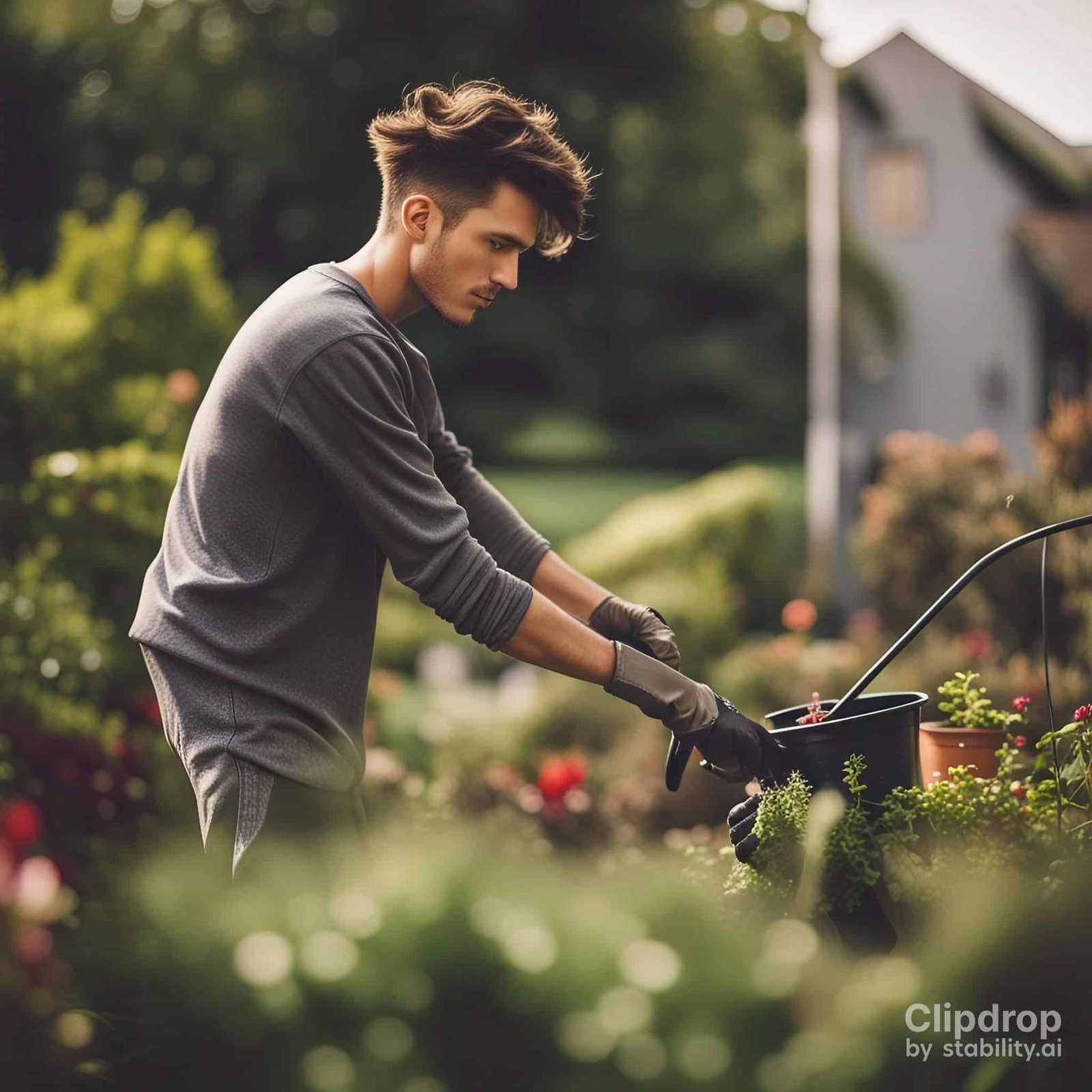
Gardening is my passion and growing plants indoors has always been a stress relief for me. Grow a banana tree in my apartment once (although failed to produce bananas).

